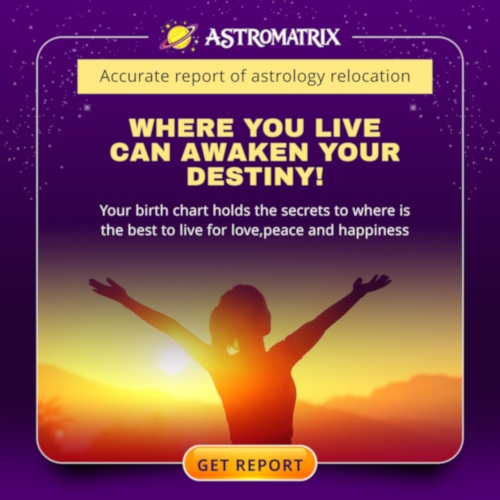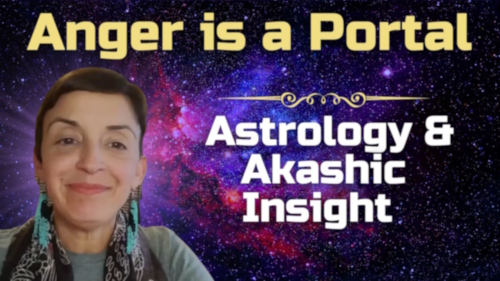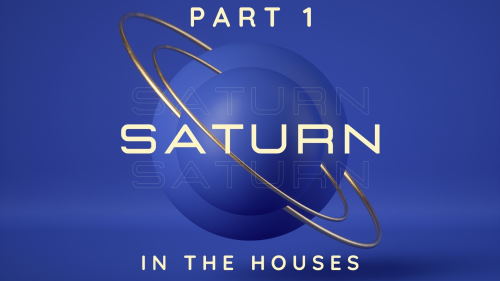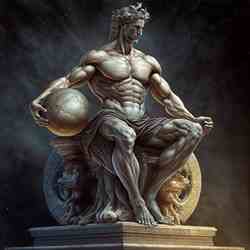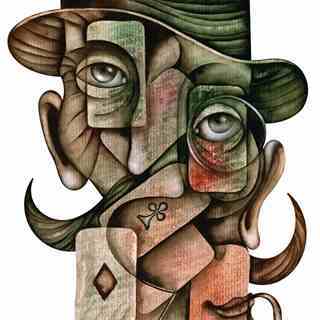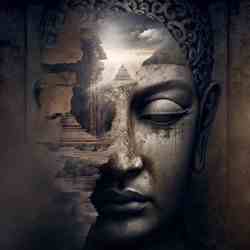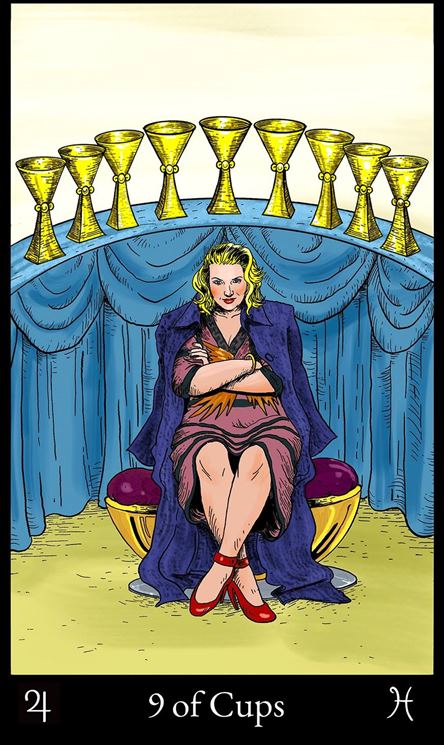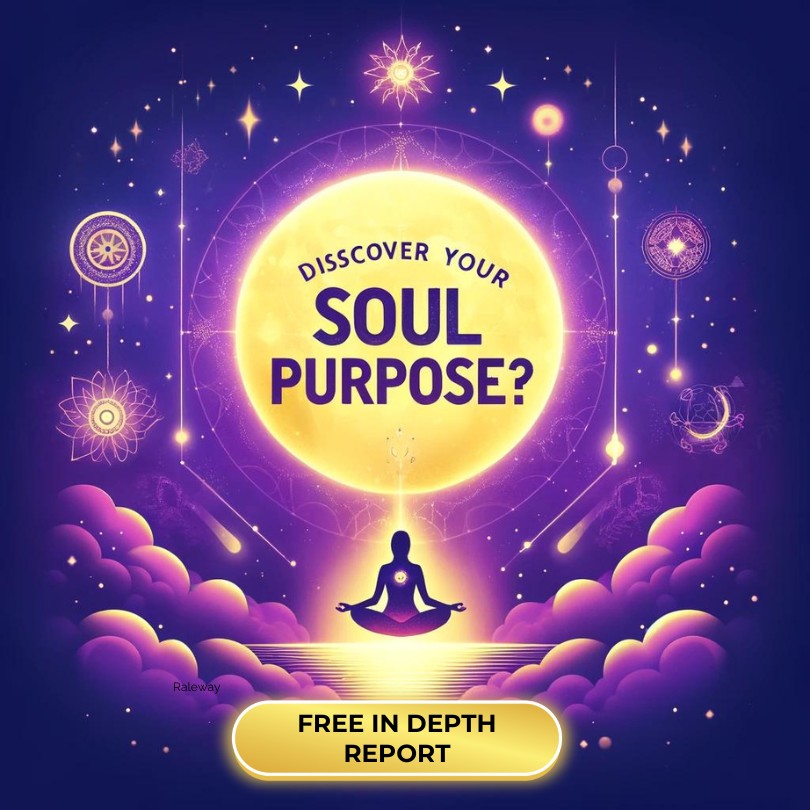Pluto Opposition Midheaven ~ Planet Aspects
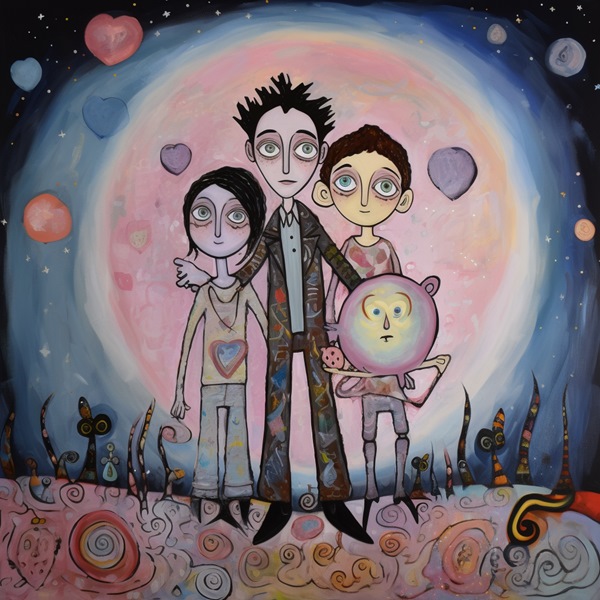
"I am capable of understanding and overcoming the impact of my early experiences, embracing the positive influences while releasing the negative ones, allowing my true potential to flourish."
- Reflecting on childhood experiences
- Examining unconscious behavior patterns
Pluto Opposition Midheaven Opportunities
- Examining childhood influences
- Challenging limiting beliefs
Pluto Opposition Midheaven Goals
Pluto Aspects
Pluto's Profound Imprint in the Natal Chart
Within the natal chart, Pluto holds the mantle of transformation, depth, and the inexorable force of rebirth. Its placement speaks volumes about an individual's intrinsic relationship with power, regeneration, and often, the more concealed facets of their psyche. The house and sign in which Pluto resides can indicate where one might encounter profound changes, intense challenges, or possess a deep-seated drive to penetrate beneath the surface. These areas become arenas for both obsession and purification, where the soul seeks to both unearth hidden truths and purge what no longer serves its evolution. A person with a prominent Pluto in their birth chart may possess an uncanny ability to see through facades, confronting both themselves and others with unvarnished honesty.
The Dance of Shadows with Natal Pluto
Aspects made to Pluto in the birth chart weave a narrative of one's dance with shadows, revealing how one might engage with themes of control, resilience, and metamorphosis. A harmonious aspect, such as a trine or sextile, may gift an individual with innate resilience and a transformative touch, while challenging aspects like squares or oppositions might suggest power struggles, confrontations with deep-seated fears, or a compelling need to reinvent oneself. Regardless of its aspects, Pluto's influence is never superficial. Engaging with it requires a deep dive into the soul's abyss, emerging with a greater understanding of life's mysteries, the nature of existence, and the transformative power that lies within every challenge.
Pluto Opposition Midheaven Meaning
LL
Your early childhood experiences wield a profound influence on your entire life journey. The connection with one parent or guardian in particular stands out as notably significant. It is crucial for this influence to be nurturing and supportive. The energies from these formative years often operate at a deep, unconscious level, shaping your life in ways that might be challenging to comprehend. Negative experiences can manifest as fears, leading to compulsive behaviors and unhelpful habits. Bringing these fears into your conscious awareness can significantly diminish their power over you.
The attitudes and beliefs you absorb from your caregivers can also limit your capacity to form judgments based on your own experiences. It's essential to remain vigilant about adopting any prejudices and to continuously question your beliefs. Ensure they serve to enhance your life rather than hinder it. Reflect on whether these inherited perspectives are truly yours or if they are remnants of someone else's influence. This self-examination can liberate you from outdated thought patterns and open pathways to personal growth.
One of your parents or guardians may exert an overwhelming influence, even after you have matured beyond the need for such control. It is vital for this figure to recognize each new stage of your development and gradually release their hold. If they attempt to maintain control for too long, your psychological growth could be impeded. Encourage open communication and set boundaries that respect your evolving autonomy. This process can foster a healthier relationship dynamic and support your ongoing development.
Conversely, positive influences from this parent or guardian can have a powerful, beneficial impact on your life. The strength of this bond can be a source of profound support, offering a foundation upon which you can build your self-esteem and confidence. Reflect on the positive attributes and values imparted by this figure and how they have shaped your character. Embrace these strengths as part of your identity while remaining open to evolving beyond them.
Consider the dynamics of control and influence in your relationships. Are you allowing others to dictate your path, or are you asserting your own agency? Reflect on the balance between guidance and autonomy in your life. Cultivating self-awareness and compassion can help you navigate these complex dynamics, fostering healthier relationships and personal growth.
Ask yourself: "How can I honor the positive influences from my past while also setting boundaries that respect my need for independence?" This reflection can guide you toward a more balanced and empowered approach to your relationships and personal development. Embrace the journey of self-discovery with compassion, knowing that each step brings you closer to your true self.
Pluto Opposition Midheaven Keywords
For more information on your birth or transit aspects to discover your true potential, check out our captivating, interactive, and completely free love report. Learn how your empathetic nature shapes your interactions and enriches your relationships.
Our intuitive, user-friendly layout guides you through each aspect of your spiritual vision, making it effortless to pinpoint areas where you might need guidance in decision-making. By using your precise birth details, we ensure unmatched accuracy, delving deeper with the inclusion of nodes and select asteroids. Experience insights and revelations far beyond what typical reports and horoscopes offer.



